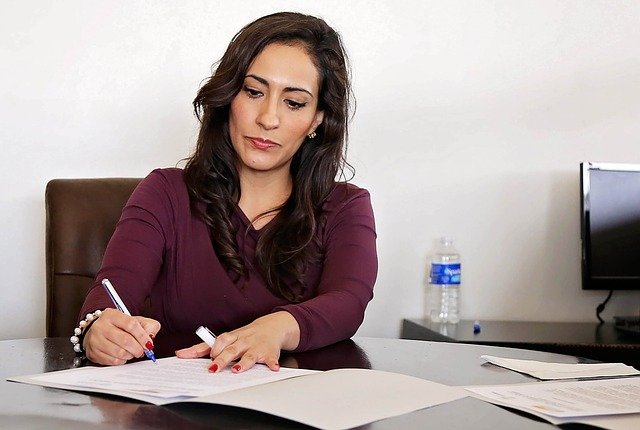How to manage a tough technical interview ?
- July 7, 2023
- Posted by: anson
- Category: Recruitment and Selection

Managing a tough technical interview can be challenging, but with the right preparation and mindset, you can navigate it successfully. Here are some tips to help you manage a tough technical interview:
Research and Study
Before the interview, thoroughly research the company, its products/services, and the technical skills relevant to the role. Review the job description and make a list of the key technical competencies they are looking for. Study those topics and refresh your knowledge in those areas.
Practice coding and problem-solving
Technical interviews often include coding exercises or problem-solving questions. Practice coding problems on platforms like LeetCode, HackerRank, or Codewars to sharpen your problem-solving skills. Familiarize yourself with different data structures, algorithms, and coding languages that may be relevant to the role
Review your past projects and experiences:
Prepare to discuss your past projects, technical challenges you faced, and how you overcame them. Be ready to explain your role, the technologies you used, and the outcomes you achieved. Highlight any notable achievements or solutions you have implemented in your previous work.
Stay calm and composed:
During the interview, remain calm and composed, even if faced with difficult questions. Take a moment to gather your thoughts before responding. If you’re unsure about a question or need clarification, don’t hesitate to ask for more information. It’s better to ask for clarity than to make assumptions and provide incorrect answers.
Break down complex problems:
If presented with complex technical problems, break them down into smaller, manageable parts. Clearly communicate your approach to the interviewer, explaining how you would tackle each step. This demonstrates your problem-solving abilities and helps the interviewer understand your thought process.
Think out loud:
Share your thought process with the interviewer as you work through technical problems. Talk through your assumptions, considerations, and potential approaches. Explaining your reasoning allows the interviewer to understand your approach and can also help you catch any mistakes or oversights.
Be open to feedback and learning:
If you encounter a question or concept you’re unfamiliar with, be honest about it. Show a willingness to learn and adapt. Interviewers often assess your ability to learn and grow, so demonstrating a growth mindset and receptiveness to feedback can make a positive impression.
Practice good communication:
Clearly articulate your ideas and solutions during the interview. Use proper technical terminology, provide concise explanations, and be mindful of your body language. Active listening is also important, so make sure to fully understand the questions asked before responding.
Show enthusiasm and passion:
Display genuine enthusiasm for the role and the company. Share your passion for technology and your eagerness to contribute. Employers value candidates who are motivated, curious, and eager to learn.
Reflect and learn from the experience:
Regardless of the outcome, reflect on the interview afterward. Identify areas where you excelled and areas where you can improve. Use the experience as a learning opportunity to enhance your technical skills and interview performance for future opportunities.
Remember, technical interviews are designed to assess your skills and problem-solving abilities. Be well-prepared, stay confident, and demonstrate your knowledge and expertise. Even if you face difficult questions or encounter challenges, maintaining a positive attitude and a willingness to learn can leave a lasting impression on the interviewer.


